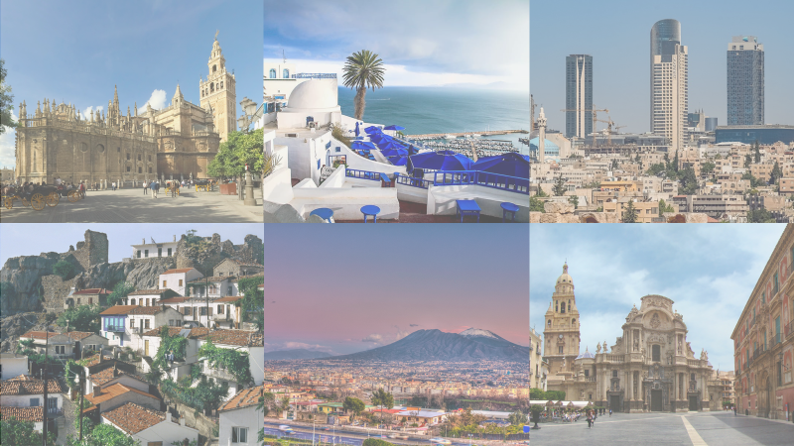Do you want to meet the faces of CEOMED? Part 2: The Democritus University of Thrace, Greece

CEOMED is a project about the valorisation of waste from open-local markets to obtain energy and fertilisers and develop an entire process with the objective of Zero waste. Today, we are glad to present to one of the key people of the project. Dr. Katerina Stamatelatou is an assistant professor at the Democritus University of Thrace. Her field of research includes the study and development of anaerobic digestion processes, valorisation of biomass and wastes, design and operation of bioreactors and bioprocess modelling. Now, she is leading the activities about the Selective Collection in CEOMED.

Dr. Stamatelatou, as it is known, you dedicated several years of your academic activity to research new ways to valorisation residues. Now, you are the leader of the Selective Collection actions in CEOMED project, but what it is the “selective collection”?
Selective collection sums up the procedures required to handle the wastes produced in the open markets so that the organic fraction of them can be collected separately and facilitate the subsequent steps of processing
How do you think that these actions could improve the wellbeing of the citizens?
By separating and processing the organic fraction of the open markets’ wastes gives us the opportunity to obtain energy and fertilising materials from these wastes. The energy and the fertilising materials are expected to reduce the cost of the whole supply chain (from the field to the open markets) of fruits, but most importantly, they are expected to reduce the environmental cost entailed if they are disposed of as wastes. The organic fraction of the open markets’ wastes has a value, and it is of the benefit of all if we recover it in a sustainable way; the CO2 emissions will be reduced, the dumping of these wastes in landfills will be reduced and the lifetime of the landfills will be prolonged, the cost of the products will be lower, the quality of the products grown on naturally based fertilisers will be improved. All these aspects contribute to the well being of the citizens
What is the more difficult barrier to reach in this field?
It is the motivation of the stakeholders to participate and follow the procedures. For this reason, the Selective Collection activities set the core efforts in the social field. Through surveys, studies, and other dissemination activities in local markets, we intend to engage the citizens and stakeholders in this project.
In your expert opinion, this way to upcycle the waste is the definitive solution to the current situation in terms of valorisation of residues?
Yes, it is. By getting the organic fraction of the open markets’ wastes, we obtain a “pure” stream of matter which can be fermented to biogas and give a first-class fertiliser. The process has excellent prospects to be a valuable and sustainable solution for the management of the open market wastes.









